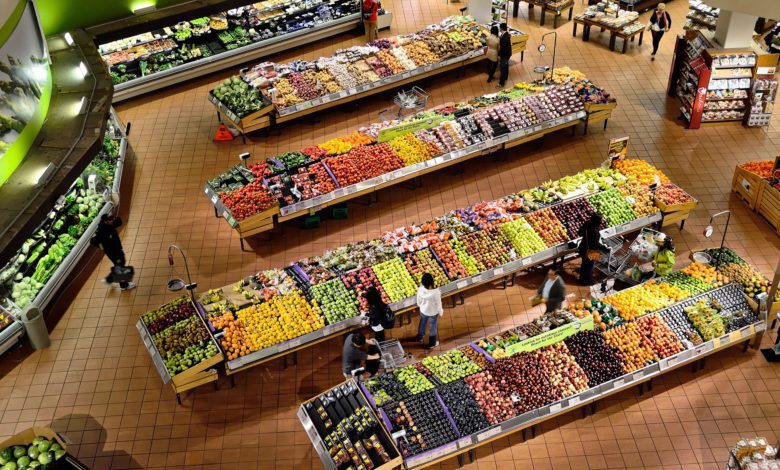What are Digital Product Passports and how could they affect your business?
Retail Sector talks to Jarrod McAdoo, director of product at Ivalua, to explain what DPPs are, why they will be important to your business and what the costs involved are

Register to get 1 free article
Reveal the article below by registering for our email newsletter.
Want unlimited access? View Plans
Already have an account? Sign in
What are Digital Product Passports (DPPs)?
A Digital Product Passport is the ability to attach a digital record to a product. At any given time, a DPP lets you pick up a product and understand where it comes from, what the carbon footprint is, maintenance instructions and the general life cycle of a product when you’re making that evaluation. So anything you’re shopping for, you should be able to get that information. It’s most typically recognised in a form, like a QR code.
Why would a DPP be important to a business?
Number one, they’re being required. There’s numerous legislations, particularly in the European Union, that are driving the need for digital project product passports. We have to be compliant in order to sell our products. Number two, it’s a general way of being a differentiator in the business. You’ll be able to drive more information to consumers. For example, if you want to be a company who’s really focused on a sustainable product, being able to provide that type of information to your consumers in a detailed format, that’s really going to help your positioning on those as well. So it gives you the opportunity to continue to do business and be able to really target your customer base.
Why do you think businesses are adopting DPPs early?
I think this is a really good opportunity because when we say the regulations are coming through, that doesn’t mean the details are set. We’re setting a target, and it’s really an opportunity for us in business to talk about how we get to that target. Businesses want to be in a position to comply, they want to be in a position to competitively differentiate themselves, but they also want to have a voice at the table on how you meet those objectives in a thoughtful, effective way. So when the details eventually do come out on this is exactly what we’re looking for.
What does that mean for British businesses in a post Brexit world?
When the European Union does something it’s done to the world, you can’t, as a business, say, I’m not going to comply with the European Union and abdicate that market. It’s just not a good business decision. So if you’re going to be selling into the European Union, and these types of requirements are going to apply to you, and you’re going to want to do that as a business, that’s why it’s important for everyone.
Important are they going to be to smaller businesses?
I think this is a golden opportunity for small businesses. You find small businesses might be much lower in the supply chain, closer to the actual raw material, closer to the production. The complexity of being able to track their product back is a little smaller than if you’re way up in the supply chain. So they really have the opportunity to grasp that information, and it really gives them the opportunity to start being a differentiator as they sell up into the supply chain. If they’re able to do this, and they’re able to handle some of the change management and implement some of these when they go to sell their product to the next level. If Covid showed us nothing, small businesses are really important because of their ability to pivot and be nimble.
What costs are involved for a small business to adopt this technology?
We should probably think of it as an investment, because there will be a number of benefits for this, but there is a real cost to this. First off, you really have to build a program around it. You have to take the time to make sure that you’re researching what the requirements are. You implement a program where you can gather this information on these and then you have to understand what the technology landscape is.
What do you think is the future of DPPs?
If you build this infrastructure how much more information can we put in? Can it be useful to a consumer? And I think that’s really where we ought to think about what the next level is, where can we take this? What else can we put on there? What is the next set of uses that we can apply to these? It really will be a way of building what is going to be a costly infrastructure, but really maximising that investment back. I could really see this being a real opportunity to increase that level of information, turn big data into big insights for consumers across the board.







